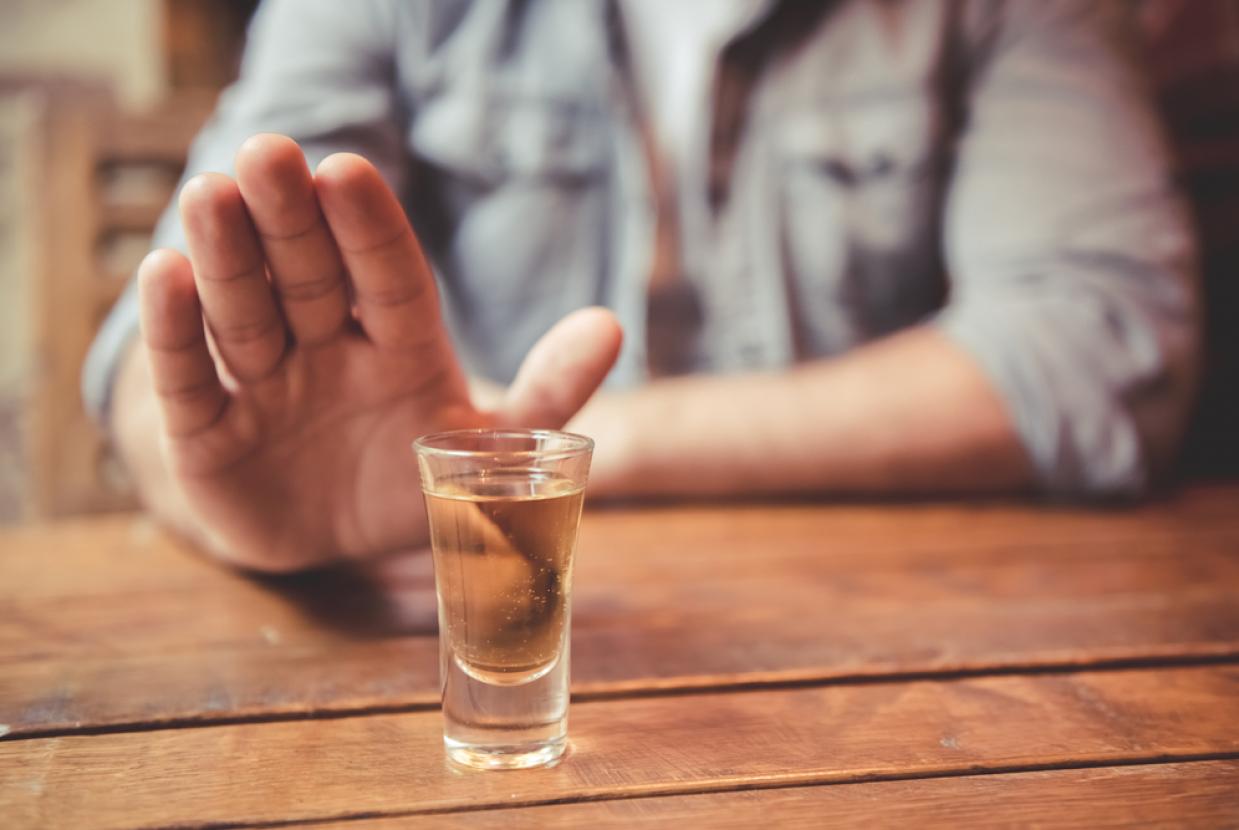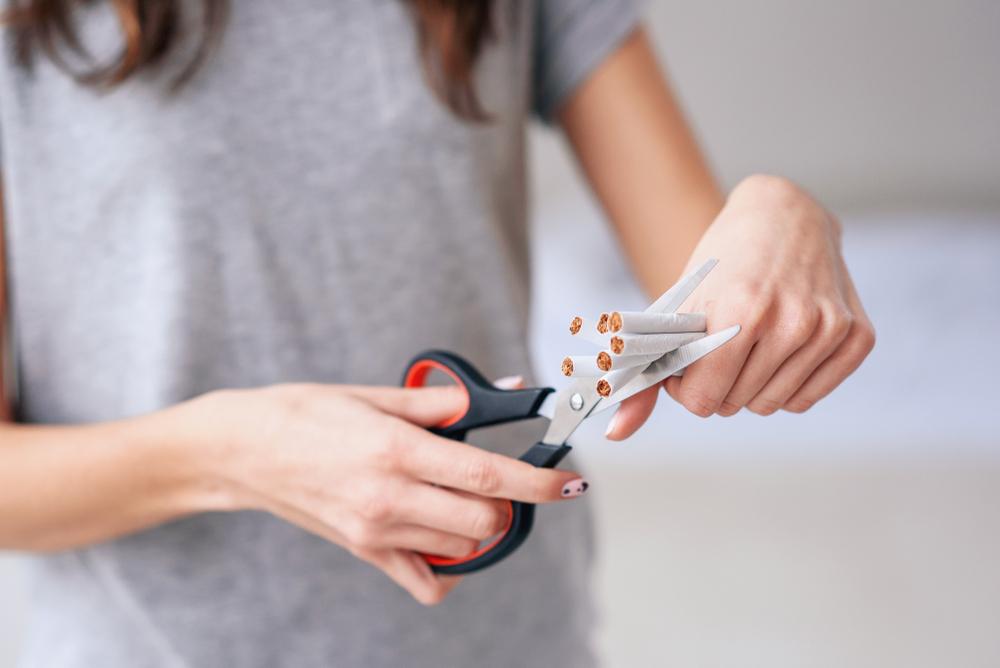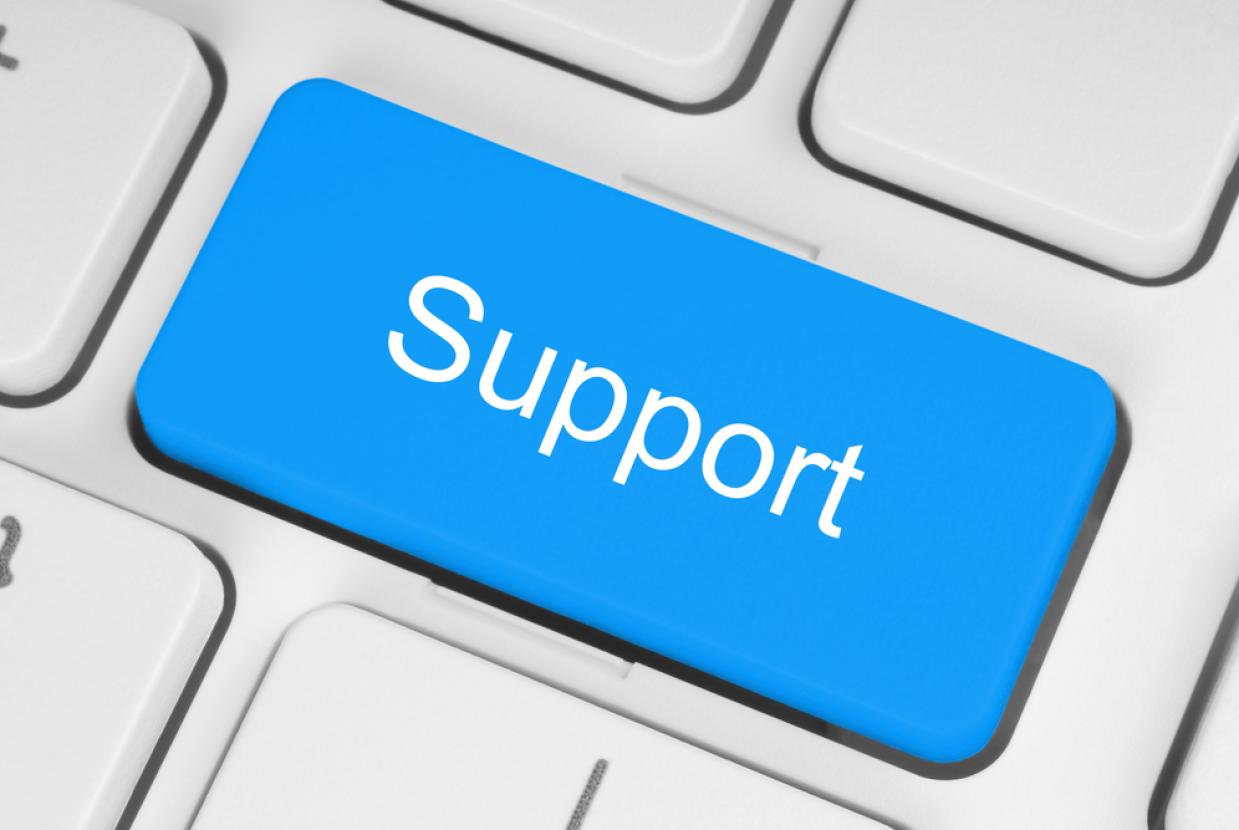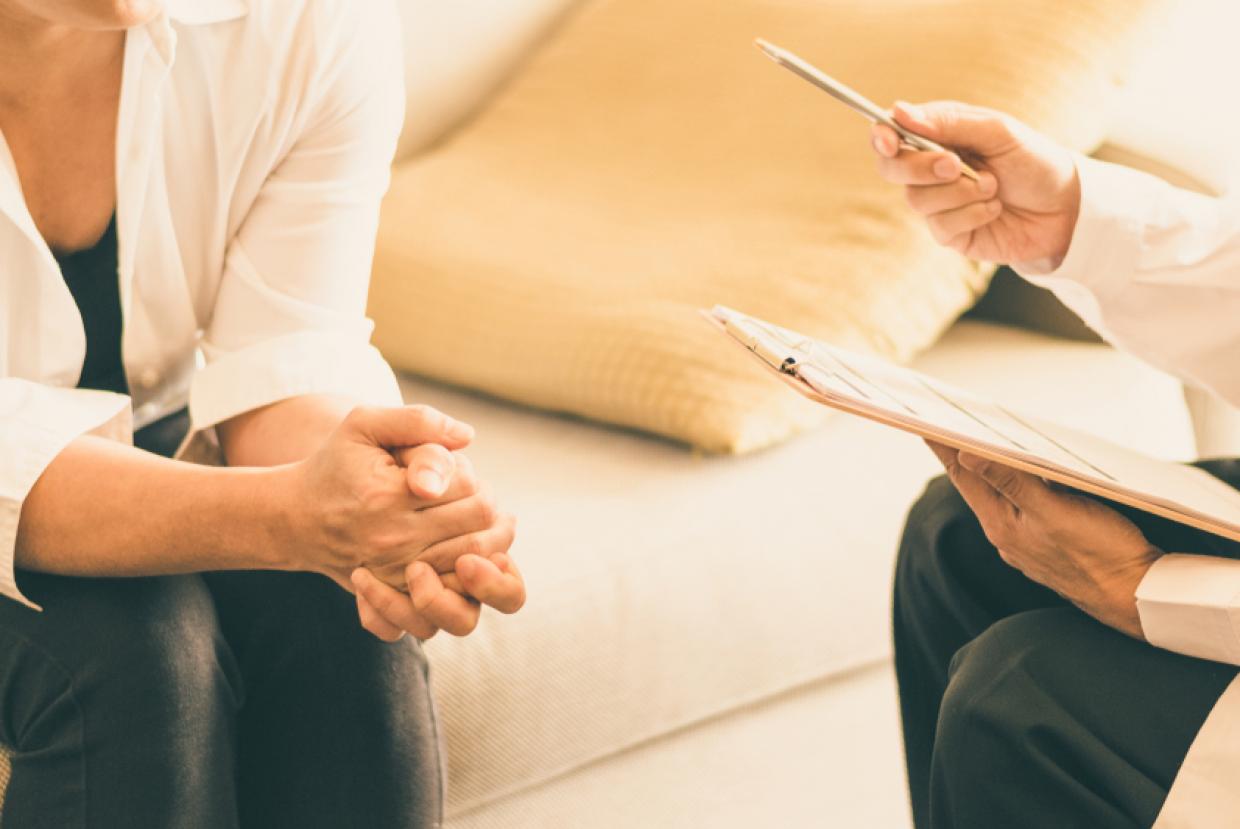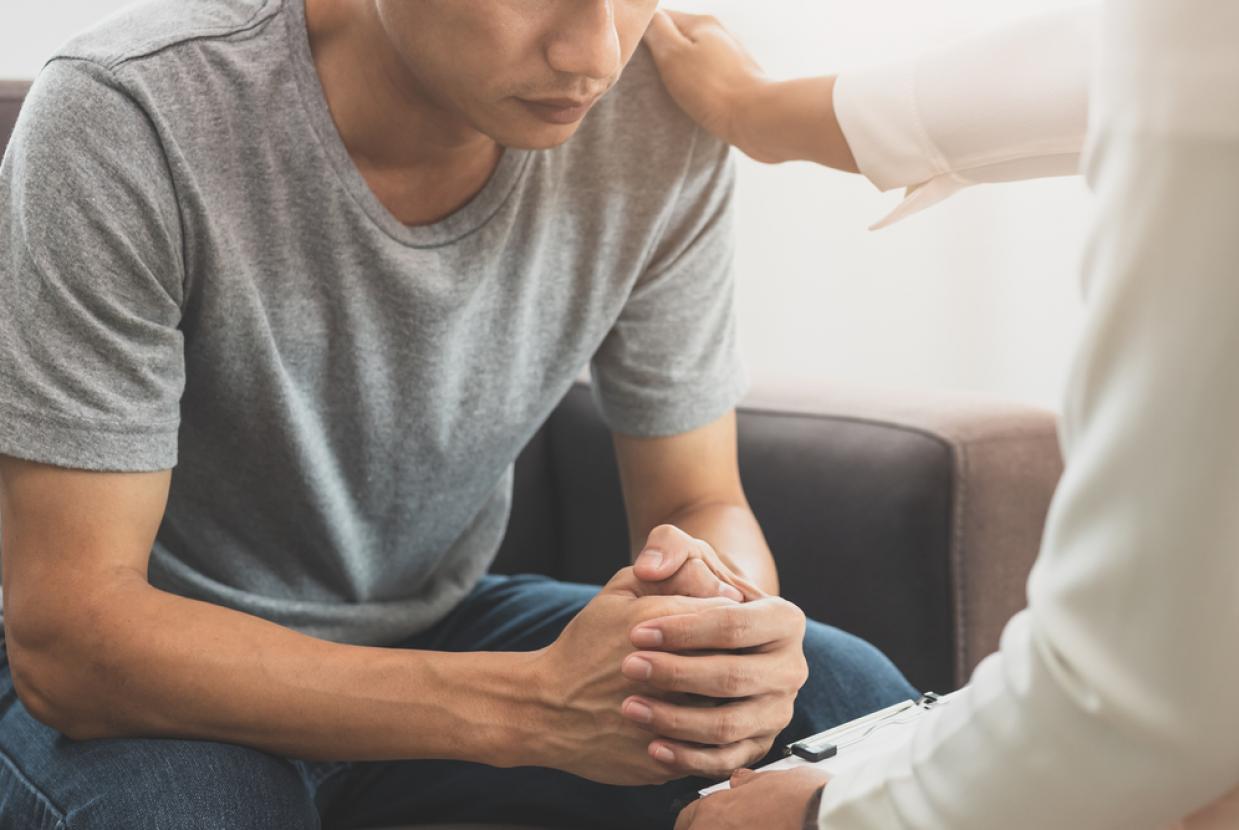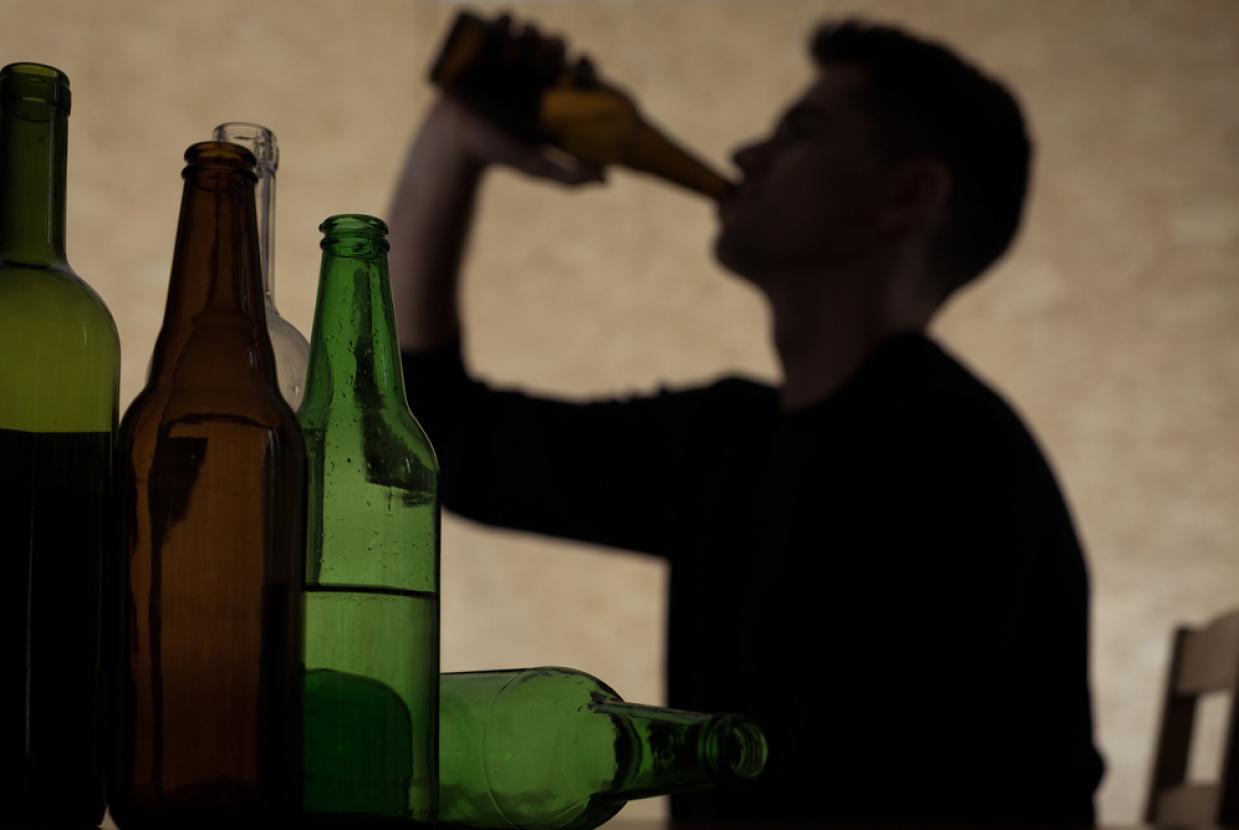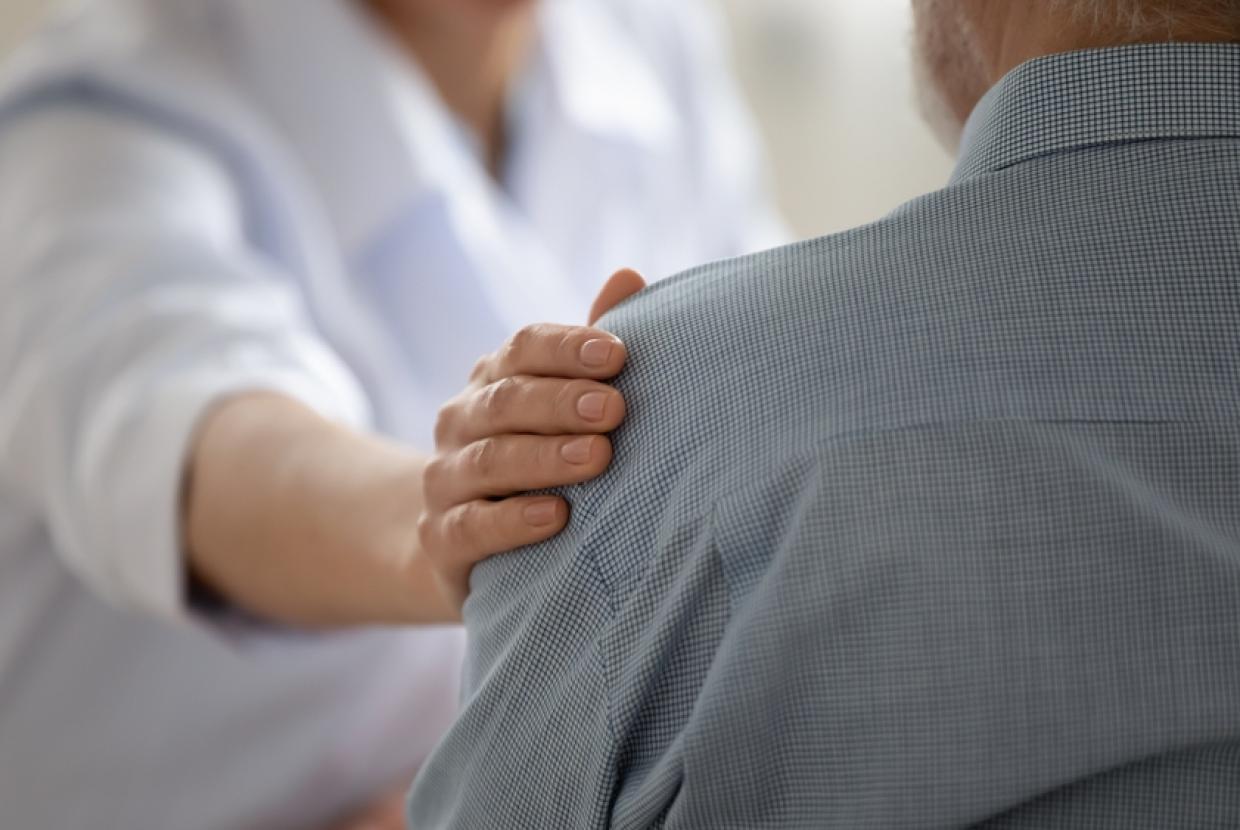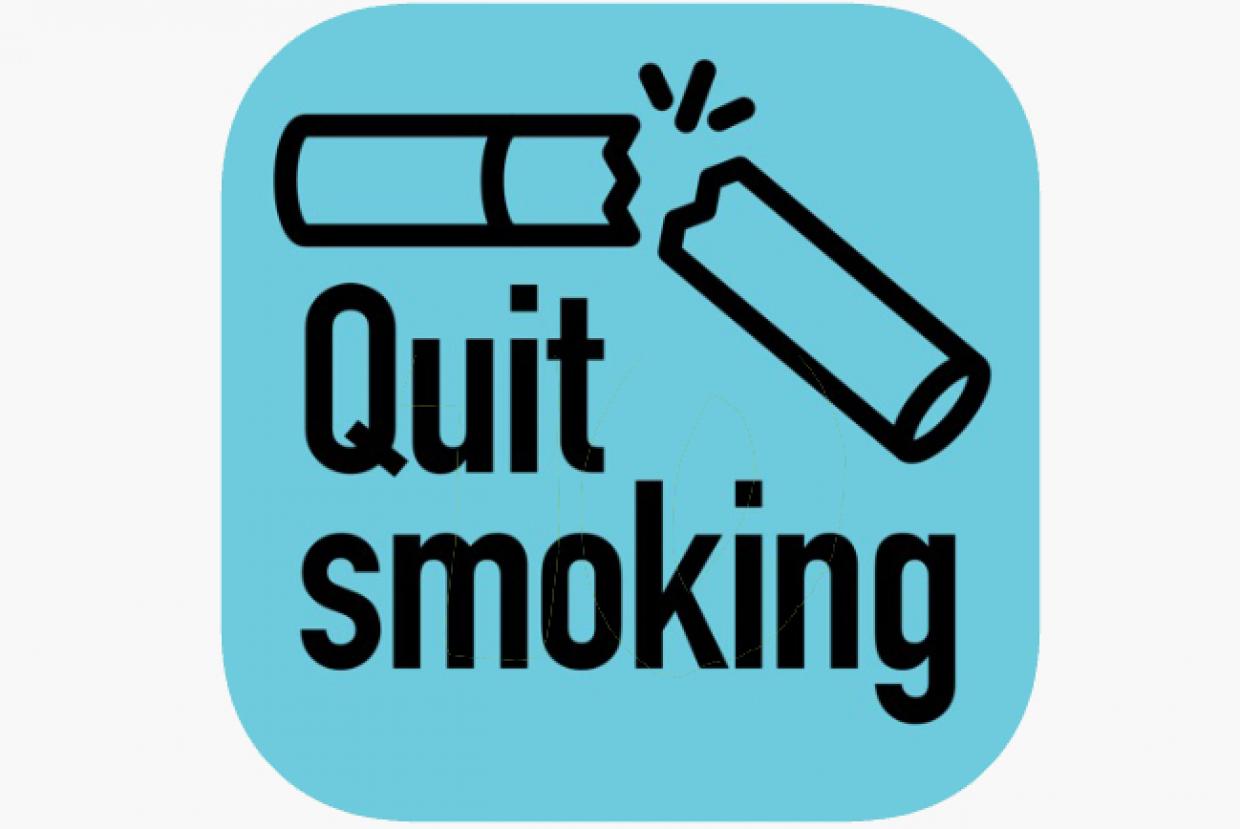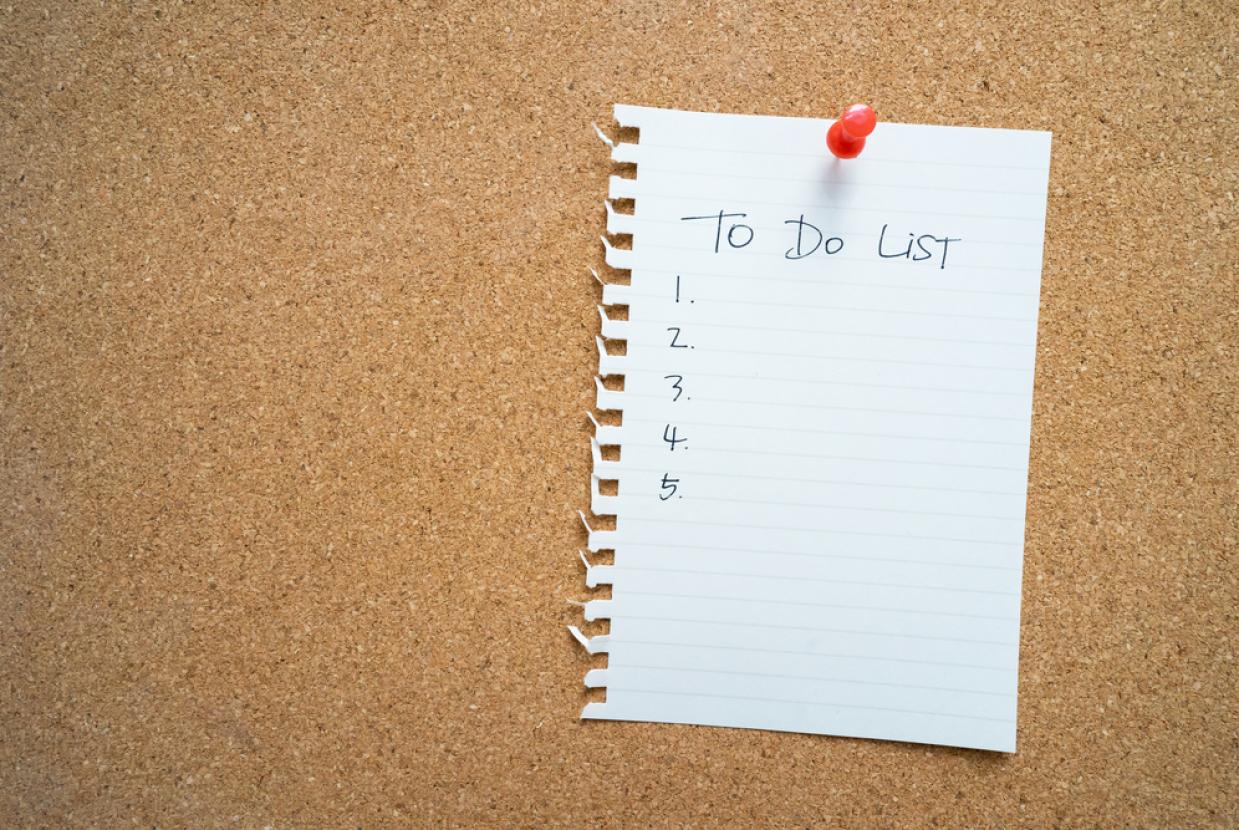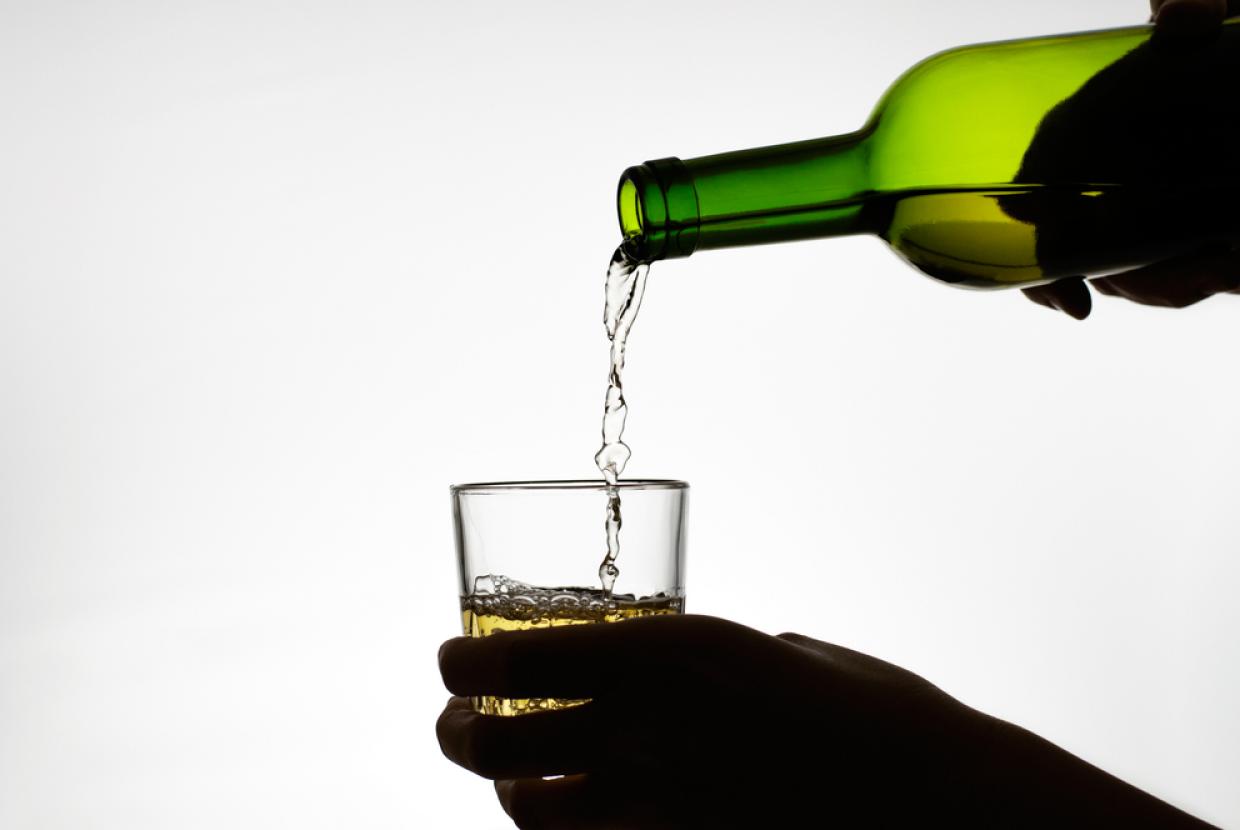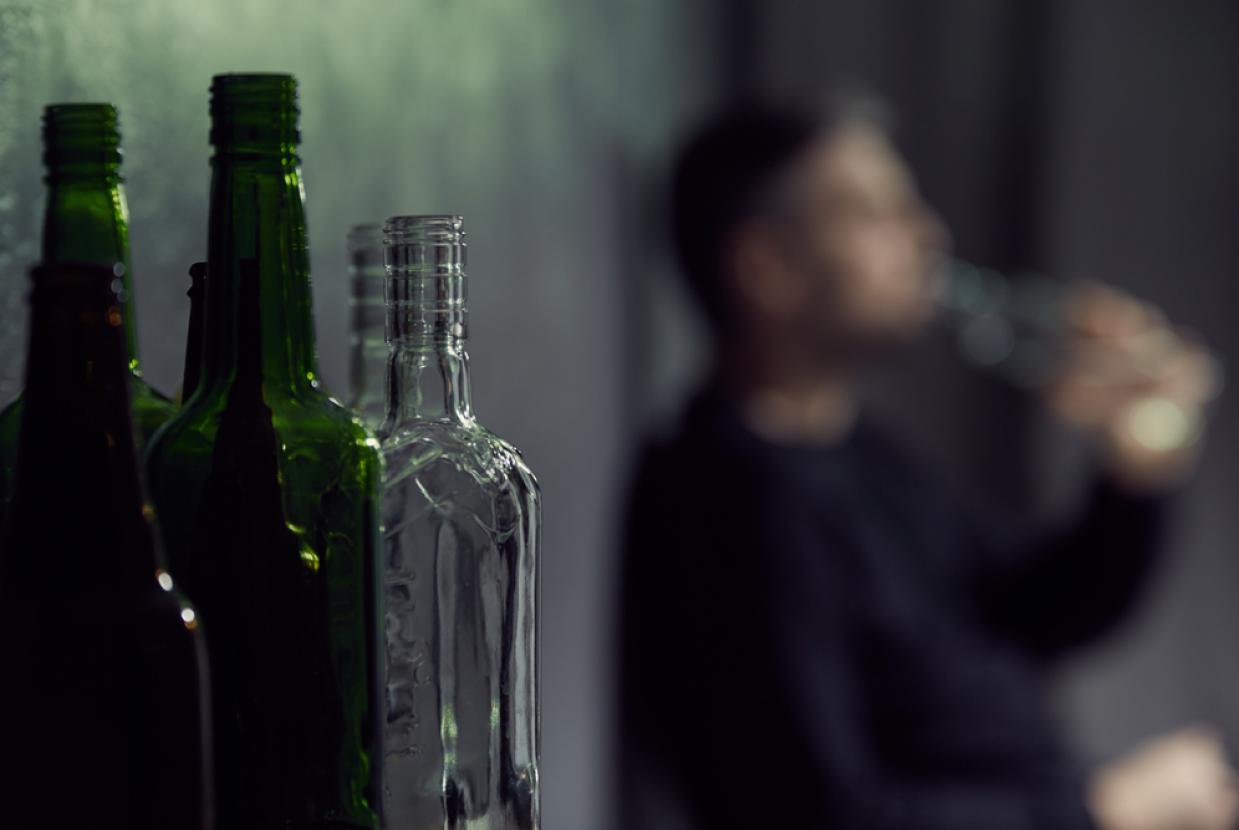Treatments
The treatment options for alcohol misuse depend on the extent of your drinking and whether you're trying to drink less (moderation) or give up drinking completely (abstinence).
Brief intervention
If you are worried about your drinking or have had an alcohol-related accident or injury, you may be offered a short counselling session known as a brief intervention.
A brief intervention lasts about 5 to 10 minutes, and covers risks associated with your pattern of drinking, advice about reducing the amount you drink, alcohol support networks available to you, and any emotional issues around your drinking.
Keeping a "drinking diary" may be recommended so you can record how many units of alcohol you drink a week. You may also be given tips about social drinking, such as alternating soft drinks with alcoholic drinks when you're out with friends.
Moderation vs abstinence
Moderation or abstinence are treatment options if you're:
- regularly drinking more than 14 units a week
- experiencing health problems directly related to alcohol
- unable to function without alcohol (alcohol dependency)
Cutting alcohol out completely will have a greater health benefit. However, moderation is often a more realistic goal, or at least a first step on the way to abstinence.
Ultimately, the choice is yours, but there are circumstances where abstinence is strongly recommended, including if you:
- have liver damage, such as liver disease or cirrhosis
- have other medical problems, such as heart disease, that can be made worse by drinking
- are taking medication that can react badly with alcohol, such as antipsychotics
- are pregnant or planning to become pregnant
Abstinence may also be recommended if you've previously been unsuccessful with moderation.
If you choose moderation, you'll probably be asked to attend further counselling sessions so your progress can be assessed, and further treatment and advice can be provided if needed.
You may also have regular blood tests so the health of your liver can be carefully monitored.
Detox and withdrawal symptoms
If you're dependent on alcohol to function, it's recommended you seek medical advice to manage your withdrawal.
Some people may be prescribed medication to help achieve abstinence. You may also choose to attend self-help groups, receive extended counselling, or use a talking therapy such as cognitive behavioural therapy (CBT).
Where detox is carried out
How and where you attempt detoxification will be determined by your level of alcohol dependency. In mild cases, you should be able to detox at home without the use of medication as your withdrawal symptoms should also be mild.
If your consumption of alcohol is high (more than 20 units a day) or you've previously experienced withdrawal symptoms, you may also be able to detox at home with medication to help ease withdrawal symptoms. A tranquiliser called chlordiazepoxide is usually used for this purpose.
It is dangerous to take chlordiazepoxide along with opiate-based medicines, such as methadone, or illegal opiate drugs, such as heroin. Doing so can lead to severe breathing difficulties, coma, and even death.
If your dependency is severe, you may need to go to a hospital or clinic to detox. This is because the withdrawal symptoms will also be severe and are likely to need specialist treatment.
Withdrawal symptoms
Your withdrawal symptoms will be at their worst for the first 48 hours. They should gradually start to improve as your body begins to adjust to being without alcohol. This usually takes 3 to 7 days from the time of your last drink.
You'll also find your sleep is disturbed. You may wake up several times during the night or have problems getting to sleep. This is to be expected, and your sleep patterns should return to normal within a month.
During detox, make sure you drink plenty of fluids (about 3 litres a day). However, avoid drinking large amounts of caffeinated drinks, including tea and coffee, because they can make your sleep problems worse and cause feelings of anxiety. Water, squash or fruit juice are better choices.
Try to eat regular meals, even if you're not feeling hungry. Your appetite will return gradually.
You must not drive if you're taking medication to help ease your withdrawal symptoms. You should also get advice about operating heavy machinery at work. You need to tell the DVLA if you have an alcohol problem – failure to do so could result in a fine of up to £1,000.
It's likely the medication will make you feel drowsy. Only take your medication as directed.
Detox can be a stressful time. Ways you can try to relieve stress include reading, listening to music, going for a walk, and taking a bath. Read more about stress management.
If you're detoxing at home, you'll regularly see a nurse or another healthcare professional. This might be at home, your GP practice, or a specialist NHS service. You'll also be given the relevant contact details for other support services should you need additional support.
Withdrawal from alcohol is an important first step to overcoming your alcohol-related problems. However, withdrawal isn't an effective treatment by itself. You'll need further treatment and support to help you in the long term.
Medication for alcohol dependency
A number of medications are recommended by the National Institute for Health and Care Excellence (NICE) to treat alcohol misuse. These include:
- acamprosate
- disulfiram
- naltrexone
- nalmefene
Acamprosate (brand name Campral) is used to help prevent a relapse in people who have successfully achieved abstinence from alcohol. It's usually used in combination with counselling to reduce alcohol craving.
Acamprosate works by affecting levels of a chemical in the brain called gamma-amino-butyric acid (GABA). GABA is thought to be partly responsible for inducing a craving for alcohol.
If you're prescribed acamprosate, the course usually starts as soon as you begin withdrawal from alcohol and can last for up to 6 months.
DisulfiramDisulfiram (brand name Antabuse) can be used if you're trying to achieve abstinence but are concerned you may relapse, or if you've had previous relapses.Disulfiram works by deterring you from drinking by causing unpleasant physical reactions if you drink alcohol. These can include:
- nausea
- chest pain
- vomiting
- dizziness
In addition to alcoholic drinks, it's important to avoid all sources of alcohol as they could also induce an unpleasant reaction. Products that may contain alcohol include:
- aftershave
- mouthwash
- some types of vinegar
- perfume
You should also try to avoid substances that give off alcoholic fumes, such as paint thinners and solvents.
You'll continue to experience unpleasant reactions if you come into contact with alcohol for a week after you finish taking disulfiram, so it's important to maintain your abstinence during this time.
When taking disulfiram, you'll be seen by your healthcare team about once every 2 weeks for the first 2 months, and then every month for the following 4 months.
NaltrexoneNaltrexone can be used to prevent a relapse or limit the amount of alcohol someone drinks.
It works by blocking opioid receptors in the body, stopping the effects of alcohol. It's usually used in combination with other medicine or counselling.
If naltrexone is recommended, you should be made aware it also stops painkillers that contain opioids working, including morphine and codeine.
If you feel unwell while taking naltrexone, stop taking it immediately and seek advice from your GP or care team.
A course of naltrexone can last up to 6 months, although it may sometimes be longer.
NalmefeneNalmefene (brand name Selincro) may be used to prevent a relapse or limit the amount of alcohol someone drinks.
It works by blocking opioid receptors in the brain, which reduces cravings for alcohol.
Nalmefene may be recommended as a possible treatment for alcohol dependence if you've had an initial assessment and:
- you're still drinking more than 7.5 units a day (for men) or more than 5 units a day (for women)
- you don't have any physical withdrawal symptoms
- you don't need to stop drinking immediately or achieve total abstinence
Nalmefene should only be taken if you're receiving support to help you reduce your alcohol intake and continue treatment.
Therapy for alcohol dependency
Self-help groups
Many people who have alcohol dependency problems find it useful to attend self-help groups, such as Alcoholics Anonymous (AA) or SMART Recovery.
One of the main beliefs behind AA is that alcoholic dependence is a long-term, progressive illness and total abstinence is the only solution.
The treatment plan promoted by AA is based on a 12-step programme designed to help you overcome your addiction. The steps include admitting you're powerless over alcohol and your life has become unmanageable, admitting you've acted wrongly and, where possible, making amends with people you've harmed.
SMART Recovery is a programme of training and tools to support recovery from addiction. It includes group meetings and online training.
Find out more:
- Alcoholics Anonymous: the 12 step programme
- SMART Recovery: the SMART Recovery Programme
- Alcohol support
12-step facilitation therapy
12-step facilitation therapy is based on the programme devised by AA. The difference is you work through the stages on a one-to-one basis with a counsellor, rather than in a group.
The therapy may be your preferred treatment option if you feel uneasy or unwilling to discuss your problems in a group setting.
Cognitive behavioural therapy (CBT)
Cognitive behavioural therapy (CBT) is a talking therapy that uses a problem-solving approach to alcohol dependence. The approach involves identifying unhelpful, unrealistic thoughts and beliefs that may be contributing towards your alcohol dependence, such as:
- "I can't relax without alcohol."
- "My friends would find me boring if I was sober."
- "Just drinking one pint can't hurt."
Once these thoughts and beliefs are identified, you'll be encouraged to base your behaviour on more realistic and helpful thoughts, such as:
- "Lots of people have a good time without alcohol, and I can be one of them."
- "My friends like me for my personality, not for my drinking."
- "I know I can't stop drinking once I start."
CBT also helps you identify triggers that can cause you to drink, such as:
- stress
- social anxiety
- being in "high-risk" environments, such as pubs, clubs and restaurants
Your CBT therapist will teach you how to avoid certain triggers and cope effectively with those that are unavoidable.
Family therapy
Alcohol dependence doesn't just impact on an individual – it can also affect a whole family. Family therapy provides family members with the opportunity to:
- learn about the nature of alcohol dependence
- support the member of the family who is trying to abstain from alcohol
Support is also available for family members in their own right. Living with someone who misuses alcohol can be stressful, so receiving support can often be very helpful.
There are a number of specialist alcohol services that provide help and support for the relatives and friends of people with a dependence on alcohol.
For example, Al-Anon is an organisation affiliated with AA that provides relatives and friends with help and support. Its confidential helpline number is 020 7403 0888 (10am to 10pm, 365 days a year).
Read more about the different types of talking therapies.
Drinking diary
If you're aiming to moderate your drinking, you may be asked to keep a "drinking diary".
On a daily basis, make a note of:
- all the alcoholic drinks you've had
- what time you had them
- where you were
- how many units you drank – you can use the Alcohol Change UK unit calculator to work this out
This will give you a good idea of how much alcohol you're drinking, the situations in which you drink, and how you could start to cut down.


